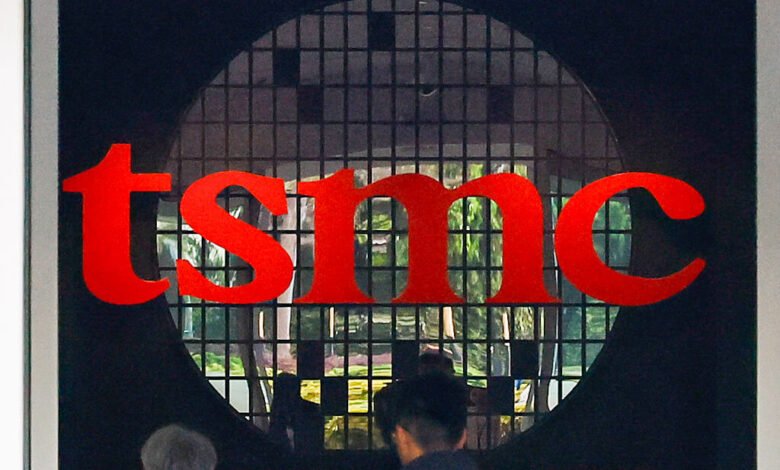Taiwan Weaponizes Chip Supply After US Push, Expert Claims

▼ Summary
– Taiwan is shifting from using its semiconductor dominance as a defensive shield to employing it as an offensive trade weapon.
– This strategic change is occurring amid a global trade war and Taiwan’s alliance with the US to counter Chinese threats of invasion.
– Taiwan imposed export restrictions on semiconductors to South Africa, citing national security concerns and giving a 60-day window for negotiations.
– The restrictions are a direct response to South Africa’s unilateral decision to relocate Taiwan’s embassy, which Taiwan views as suppression under Chinese pressure.
– China has condemned Taiwan’s actions as an attempt to destabilize global supply chains and undermine the one-China principle.
The global semiconductor landscape is witnessing a significant strategic shift as Taiwan leverages its unparalleled dominance in advanced chip manufacturing. This evolution moves beyond using the industry as a defensive shield, transforming it into a potent instrument of foreign policy. This change in approach is occurring against a backdrop of escalating international trade tensions and persistent pressure from China, which maintains its claim over the island under the “one-China principle.”
Recent actions illustrate this new tactic. Taiwan has officially announced restrictions on semiconductor shipments to South Africa, citing national security concerns. The list includes 47 products, and the move could severely impact South Africa’s electronics, telecommunications, and automotive parts industries if a resolution is not found within a 60-day window. This decision is a direct response to diplomatic friction. South Africa, a major Chinese ally, unilaterally decided to relocate Taiwan’s embassy from Pretoria to Johannesburg following high-level meetings with China’s leadership.
Taiwan’s government had previously protested this action in July, accusing South Africa of suppression and vowing to take countermeasures if consultations were refused. The embassy relocation is widely viewed as a symbolic gesture, aligning with China’s demands to diminish Taiwan’s international standing. In defense of its position, a South African foreign ministry spokesperson characterized the country’s relationship with Taiwan as “non-political,” while also pointing out that South Africa is a critical supplier of platinum group metals, such as palladium, which are essential to the semiconductor industry itself.
The reaction from Beijing was swift and critical. A Chinese foreign ministry spokesperson condemned Taiwan’s export curbs, labeling them a deliberate attempt to destabilize global chip supply chains. The official stated the move counters the international commitment to the one-China principle by effectively weaponizing chips. This development marks a clear escalation in how Taiwan’s most critical economic asset is being deployed on the world stage.
(Source: Ars Technica)





